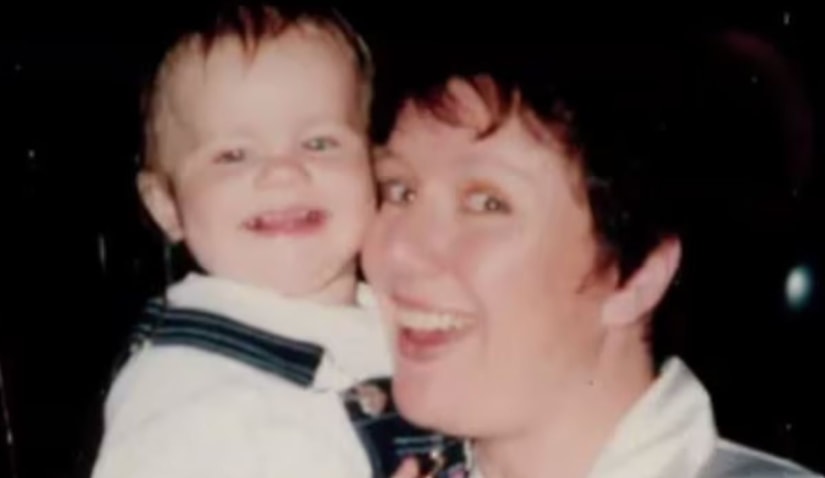Australia not ready for Criminal Case Review Commission, innocence group says
Inspired by Kathleen Folbigg’s tragic case, legal practitioners and experts have called for a Criminal Case Review Commission – but one group believes this may be too premature.

After more than 20 years behind bars for the deaths of her children, Ms Folbigg was granted a pardon in June after Attorney-General Michael Daley – with the assistance from an inquiry and the work of her lawyers – found there was a “reasonable doubt” as to her guilt.
To continue reading the rest of this article, please log in.
Create free account to get unlimited news articles and more!
As it became clear Ms Folbigg was the victim of a wrongful conviction, calls flooded in for Australia to establish a Criminal Case Review Commission (CCRC), much like the ones already established in the UK, New Zealand, and Canada.
But the Bridge of Hope Innocence Initiative (BOHII) is concerned Australia may not be ready, believing that the country has a long way to go to gather evidence into the risk factors for wrongful convictions and other miscarriages of justice across the country.
“The emphasis on fresh evidence appeals is creating a special category of appellants which excludes the vast majority of potential wrongful convictions,” BOHII director Dr Michele Ruyters said.
Dr Ruyters added vulnerable applicants will likely be “disadvantaged” by the CCRC process, as explained in BOHII’s new paper.
“Assumptions that wrongfully convicted people are able to clearly identify evidence that will establish their innocence is unrealistic and will lead to overlooking genuine wrongful convictions,” Dr Ruyters said.
Based on over 160 of its current applications, BOHII has determined that few of its cases involve DNA or forensic evidence, many cases lean heavily on witness testimony and a majority of cases involve largely circumstantial” evidence “but very little else”.
According to BOHII, the Australian CCRC will likely be tied to first and second appeal criteria due to concerns that independent powers could encroach on judicial independence. BOHII said this will “create an inequitable post-conviction review process”.
It is BOHII’s experience that individuals have “great difficulties” in clearly articulating the grounds and evidence to establish innocence.
“We would be very concerned about any threshold review process relying on ‘desk assessment’ of the merits of an application for assistance, such as that adopted by the UK CCRC, which are likely to overlook genuine wrongful convictions,” BOHII said in its paper.
BOHII believes these “desk assessments” will only “significantly disadvantage applicants from vulnerable backgrounds”.
Although they are not supportive of a CCRC, the BOHII does have a range of ideas to help those like Ms Folbigg.
In Western Australia, for example, BOHII advised expanding the definition of “fresh” evidence and creating new criteria for “new” evidence in the Criminal Appeals Act 2004 (WA).
There should also be an additional review of the reliability of forensic evidence, additional funding to police to engage experts in the transcription of covert recordings, and government funding into innocence projects to undertake investigative work.
“Finally, research across Australia should be prioritised to identify the risk factors for miscarriages of justice,” BOHII said.
“Before determining the appropriate mechanism through which wrongful convictions can be detected and addressed, far more needs to be known about the kinds of errors that can lead to miscarriages of justice in Australia, particularly those experienced by Aboriginal and Torres Strait Islander people and other vulnerable groups who are grossly over-represented in the criminal justice system.”






